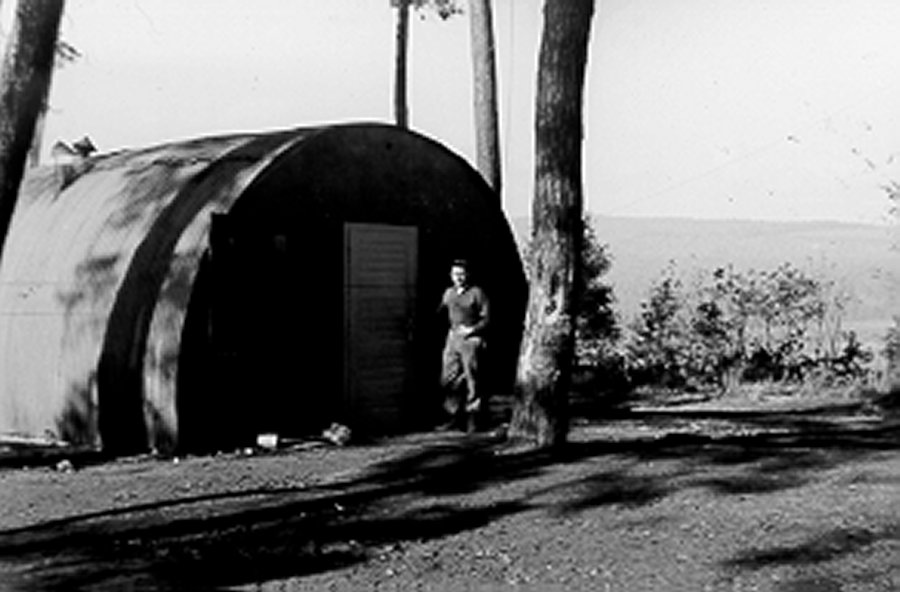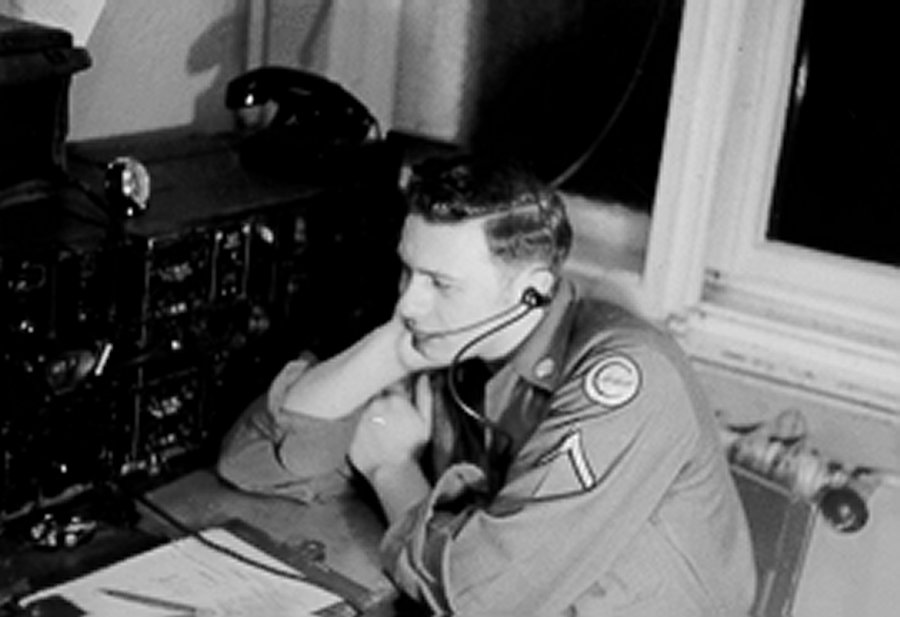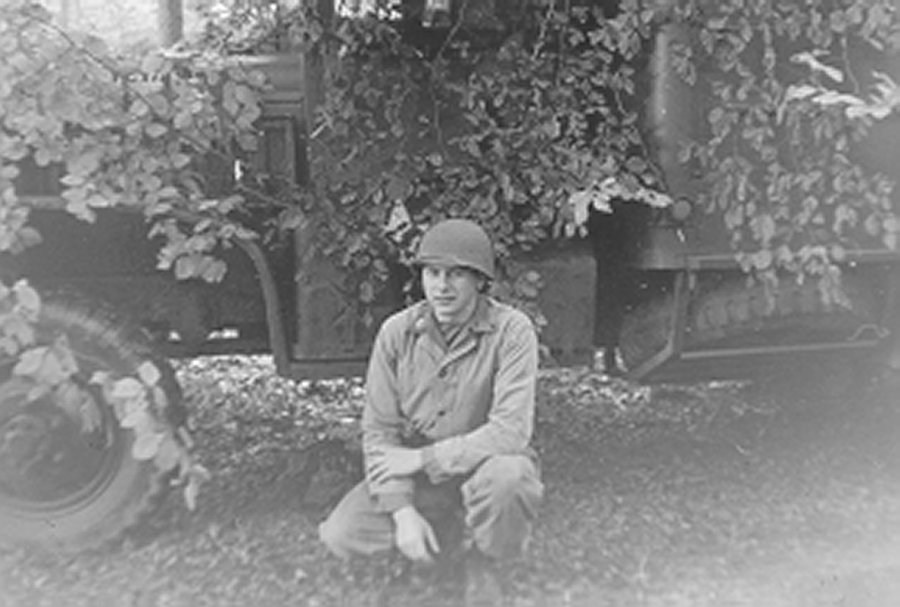Hank and Terri Doktorski: 24th Constabulary Squadron, Part 3

Hank served on the East German/West German border patrol. He sometimes talked with the East German sentries on the other side of the border, as they would meet each other during their patrols. Although Hank could not speak much German, and the guards could not speak much English, they communicated in Polish.

Hank explained, “In the beginning, a large number—perhaps 300—of East German refugees would escape across the Iron Curtain into West Germany every day. We often heard bullets being fired from the East German guard towers as the refugees crossed the forbidden border, but few of them were wounded, because the German guards would not shoot their own people; they actually fired over their heads. For all the soldiers knew, one of the refugees could have been one of their own aunts or uncles. After a while, the communist leaders got wise and transferred the German soldiers out of the guard towers and replaced them with Czechoslovakian soldiers. The Czechoslovakian soldiers were not afraid to shoot to kill. Immediately the number of escapees decreased from 300 per day to about three per day.”
One of the most stressful events during Hand’s military service occurred during Christmas Eve of 1951. Most of the men were on leave in town partying, but Hank was scheduled to remain on duty, along with a handful of other men, maintaining the nearly-abandoned patrol, in a Quonset hut on the American/USSR border deep in the German forest.

Honebach relay station.

Soon radio messages began arriving in Morse code; messages from U. S. intelligence which warned of a massive buildup of Russian tanks and war machines just over the East German border, less than a mile from his base. Hank relayed those messages to his superiors, who thought that the Russians might be planning a Christmas-eve attack at night when most of the soldiers were away from their posts, getting drunk in town.

Another report came in: more convoys were approaching the border. It looked like an invasion was imminent. Since the U. S. military was hopelessly outnumbered, the soldiers which remained on patrol were ordered to retreat to hiding places in the forest, but Hank was required to remain at his post to send and receive radio messages. The tension became unbearable, as Hank relayed messages between the worried and anxious military outpost commanders. Hank said, “I was sweating bullets and praying Hail Mary’s all night!” After a sleepless night on duty, Hank received a message that the Soviet troops had been simply practicing a training exercise.
| 24th Constabulary Squadron, Part 4 |
| Hank and Terri’s Home Page |